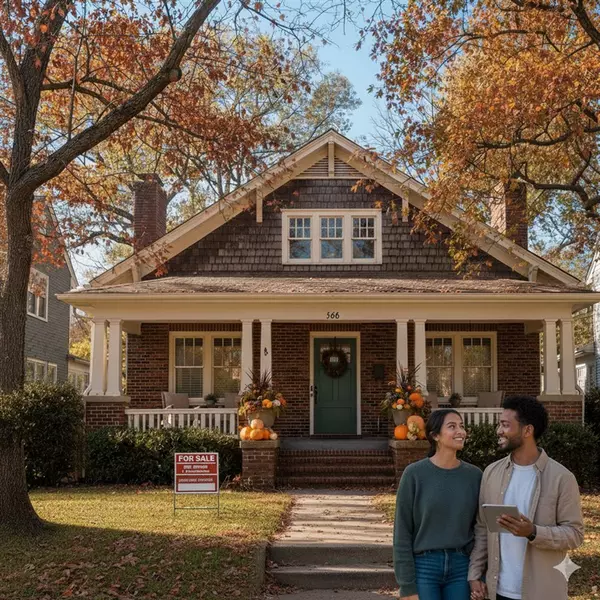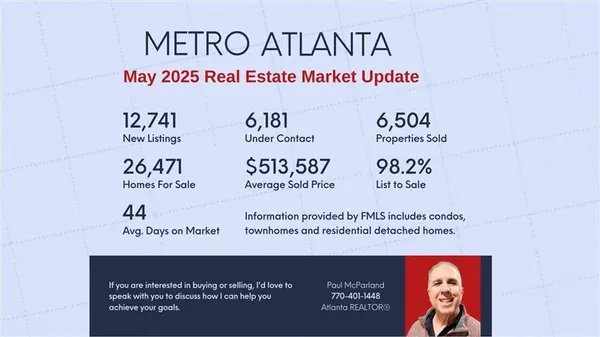First-Time Homebuyer Guide: Essential Steps to Buying Your First Home

Buying your first home is an exciting and significant milestone, but it can also feel overwhelming. As a first-time homebuyer, you may be unsure of where to start, what steps to take, and how to navigate the complexities of the real estate market. The good news is that with a little preparation and the right guidance, the process can be smooth and rewarding. In this blog post, we’ll walk you through the essential steps to help you get started on your journey to becoming a homeowner.
1. Evaluate Your Financial Health
Before diving into the home-buying process, it’s essential to take a close look at your financial health. This step sets the foundation for everything that follows and helps you determine how much house you can afford.
Check Your Credit Score
Your credit score plays a significant role in your ability to secure a mortgage. Lenders use this score to assess your risk as a borrower. If your credit score is on the lower end, it may result in higher interest rates or even difficulty getting approved for a loan. First-time buyers should aim for a credit score of at least 620-640 for conventional loans, though some government-backed loans like FHA loans may allow lower scores.
To improve your credit score:
- Pay off outstanding debts.
- Make sure all payments are made on time.
- Avoid taking on new credit just before applying for a mortgage.
Assess Your Savings
In addition to your credit score, you’ll need sufficient savings for a down payment and closing costs. Depending on the type of loan and the cost of the home, down payments typically range from 3% to 20% of the home’s purchase price. While FHA loans allow for as little as 3.5% down, conventional loans often require a higher down payment to avoid private mortgage insurance (PMI).
Beyond the down payment, be prepared to cover closing costs, which typically range from 2% to 5% of the home’s purchase price. These costs include fees for inspections, appraisals, title insurance, and lender fees.
Establish a Budget
Before you start shopping for homes, determine your budget based on your current income, savings, and expenses. A good rule of thumb is to aim for a monthly mortgage payment that doesn’t exceed 28% of your gross monthly income. You’ll also need to factor in property taxes, insurance, maintenance, and utility costs when establishing your budget.
2. Get Pre-Approved for a Mortgage
Once you have a clear understanding of your financial health, the next step is to get pre-approved for a mortgage. This process involves a lender evaluating your income, debts, and credit score to determine how much they are willing to lend you.
Why Pre-Approval Is Important
- Sets Your Budget: Getting pre-approved helps you establish a clear budget for home shopping, preventing you from wasting time looking at homes outside your price range.
- Boosts Credibility: Sellers take pre-approved buyers more seriously since it shows you are financially prepared to purchase the home.
- Identifies Potential Issues: Pre-approval can uncover any credit or financial issues that need to be addressed before you start making offers.
To get pre-approved, gather the necessary documentation, including proof of income (pay stubs, tax returns), bank statements, and information about any outstanding debts. Submit these documents to your chosen lender, and they’ll provide you with a pre-approval letter.
3. Research the Market and Decide on Priorities
Before diving into the search for your first home, take time to research the local real estate market and identify your key priorities. Buying a home is not only a financial investment, but it also impacts your lifestyle and long-term goals.
Define Your Must-Haves and Deal-Breakers
Consider what features and amenities are most important to you. This might include:
- Location: Proximity to work, schools, shopping, or public transportation.
- Size and Layout: The number of bedrooms, bathrooms, and overall square footage.
- Outdoor Space: A yard, patio, or balcony.
- Condition: Are you willing to buy a fixer-upper, or do you prefer move-in-ready?
Having a clear idea of your priorities will help you narrow down your options and focus on homes that meet your needs.
Understand Market Trends
Look into the real estate trends in your desired area. Are homes selling quickly, or do they stay on the market for a while? Are prices increasing, or is it a buyer’s market? Understanding these trends can help you make informed decisions about when and where to buy.
4. Find a Real Estate Agent
Hiring an experienced real estate agent is one of the best decisions you can make as a first-time homebuyer. A real estate agent acts as your advocate, helping you navigate the home-buying process, find properties that meet your criteria, and negotiate the best deal.
Benefits of Working with a Real Estate Agent
- Access to Listings: Agents have access to the Multiple Listing Service (MLS), which provides up-to-date information on available homes.
- Negotiation Skills: Your agent will negotiate on your behalf, ensuring you get the best possible price and terms.
- Local Expertise: A knowledgeable agent can provide valuable insights into different neighborhoods, schools, and market conditions.
To find a real estate agent, ask for referrals from friends or family members, or look for agents with strong online reviews and local expertise.
5. Start House Hunting
With your finances in order, pre-approval in hand, and an agent by your side, you can start the exciting process of house hunting. This is where your priorities and budget come into play.
Tips for Effective House Hunting
- Be Prepared for Showings: Homes can move quickly in competitive markets, so be ready to attend showings on short notice.
- Keep an Open Mind: While it’s important to stick to your must-haves, be flexible and open to exploring homes that may not check every box but have potential.
- Don’t Rush: Take your time evaluating each property, considering both the pros and cons. If something doesn’t feel right, don’t be afraid to walk away.
6. Make an Offer
Once you find a home that checks all your boxes, it’s time to make an offer. Your real estate agent will guide you through this process, helping you determine a competitive offer price based on the home’s market value, condition, and how quickly homes are selling in the area.
Components of an Offer
- Offer Price: The amount you’re willing to pay for the home.
- Earnest Money: A deposit (usually 1-3% of the purchase price) that shows the seller you’re serious about the offer.
- Contingencies: Conditions that must be met for the sale to proceed, such as a satisfactory home inspection or securing financing.
- Closing Timeline: The proposed date to close the deal, which is usually 30-45 days from the offer acceptance.
Once your offer is submitted, the seller may accept it, reject it, or come back with a counteroffer. This is where your agent’s negotiation skills come into play.
7. Get a Home Inspection
After your offer is accepted, the next step is to schedule a home inspection. This is a crucial part of the home-buying process, as it helps identify any potential issues with the property.
A qualified home inspector will assess the home’s:
- Structure (foundation, roof, walls)
- Electrical and plumbing systems
- HVAC systems
- Appliances and fixtures
- Overall safety and condition
If the inspection reveals any major problems, you may be able to negotiate repairs with the seller or adjust the purchase price to account for future repairs.
8. Secure Your Financing
With an accepted offer and a satisfactory home inspection, it’s time to finalize your mortgage. At this point, your lender will conduct an appraisal to ensure the home’s value aligns with the loan amount.
Locking in Your Interest Rate
Once the appraisal is complete, you can lock in your interest rate, which secures your mortgage terms for the duration of the loan. Be sure to review the loan terms carefully, and ask your lender to clarify any fees or conditions that may arise during closing.
9. Close on Your New Home
The final step in the home-buying process is closing. This is when you’ll sign the necessary paperwork, pay your closing costs, and officially take ownership of your new home.
What to Expect at Closing
- Review the Closing Disclosure: This document outlines the terms of your loan, closing costs, and any other financial obligations.
- Sign the Documents: You’ll sign multiple documents, including the mortgage agreement and the deed of trust.
- Pay the Closing Costs: These costs typically include loan fees, title insurance, and prepaid taxes or insurance.
- Receive the Keys: Once everything is signed and payment is made, you’ll receive the keys to your new home!
Conclusion
Buying your first home is an exciting journey, but it’s also a complex process that requires careful planning and decision-making. By following these steps—evaluating your financial health, getting pre-approved, working with an experienced real estate agent, and being prepared for the steps ahead—you’ll be well on your way to finding the perfect home and achieving your goal of homeownership.
If you’re ready to start the process, feel free to reach out for personalized guidance. Contact REALTOR® Paul McParland, and let’s make your dream of owning a home a reality!
Categories
Recent Posts











"Whether buying or selling a home, my #1 job is to advise my clients so they optimize their largest financial investment while avoiding any pitfalls that could cost them tens of thousands of dollars. "
